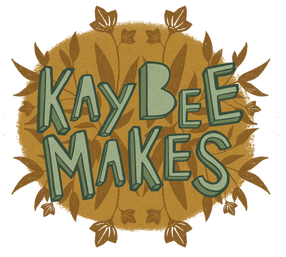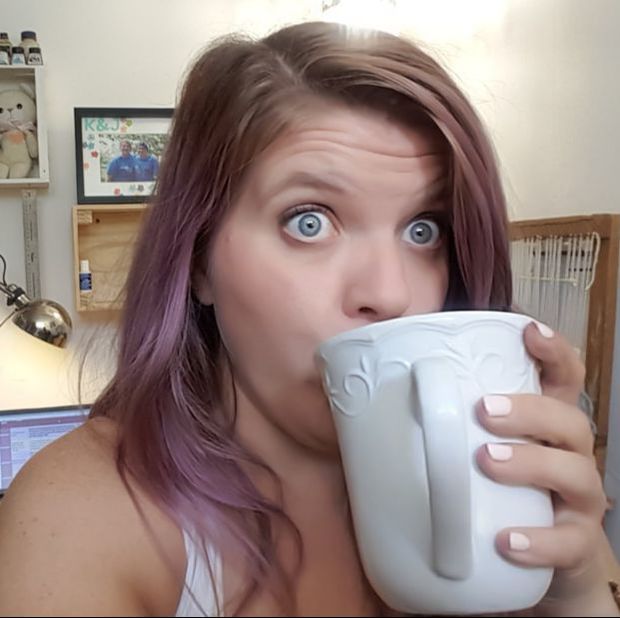Creativity
|
|
We've all been there, you're working on something and no matter what you do you can never get it right. You get so frustrated that you scribble all over it, crumple it up, tear it into a million pieces and pretend it never happened. Here's the problem, it might not be as bad as you think it is and even if it might possibly be the worst drawing that's ever been drawn by anyone in the history of art (doubtful) you might be able to glean some important insights from it down the road. Reasons to keep your artwork even if you think it sucks:IT CAN HELP YOU FIGURE OUT WHAT YOU NEED TO DO TO IMPROVE Of all the reasons to keep your work this is the most concrete. It’s pretty simple really if you destroy all your ‘less-than-perfect’ drawings you’re destroying your opportunity to figure out exactly what went wrong. I’ll admit that it can be difficult to be objective about your work but you have to try. There are some things that you can do to make this process a little easier.
YOU CAN OBSERVE OVER TIME HOW MUCH YOU’VE IMPROVED This is a surprisingly uplifting and cathartic practice. If you’ve ever taken the time to practice a skill then you’ll know that you usually improve in such small increments that it’s difficult to track your progress without some sort of record. This isn’t just true for artistic pursuits but indeed for any skill whether it’s sports, music, accounting, coding, whatever, you get better at it slowly and if you have those records of your practice to look back on you can really concretely see how far you’ve come. This can be an excellent motivator when you feel like the things that you’re drawing are just not working out, have a look back at all your past work and see that you’ve already overcome that feeling of spinning your wheels. YOUR IDEA MIGHT HAVE BEEN REALLY REALLY GOOD BUT AT THE TIME YOU LACKED THE TECHNICAL SKILLS TO EXECUTE IT. This is another frustrating reality. You have an idea but your hands can’t translate what you have in your head onto the paper or canvas. It’s okay to back-burner an idea while you’re learning and come back to it when your skills have improved. Here’s the rub though, you have to keep a record of those ideas or you’ll forget them. So, keep that artwork even if you think it’s garbage future-you might be able to do something with it that is out of present-you’s scope. THIS IS THE FIRST STEP TO BEING ABLE TO SEPARATE YOURSELF EMOTIONALLY, JUST A LITTLE, FROM YOUR WORK. Objectivity when it comes to your artwork can be difficult but if you can achieve a certain amount of detachment you’ll be better off and here’s the reason why. Instead of getting defensive you’ll be open-minded when someone suggests a change or way to improve. You won’t get your feelings hurt when someone doesn’t like your work. *Spoiler alert: Lots of people aren’t going to like your work. If Oprah can deal with it so can you. Lastly, it will make it easier to collaborate with other creatives on bigger projects if you can be objective about your creations. Collaborations can be challenging but, if everyone has a healthy dose of objectivity thrown into their creativity the whole process can be elevated. Conclusion, keep your drawings. They are a record of your life as an artist, a visual timeline of how far you’ve come and a predictor of just what you are capable of. TODAY’S LESSON: Don't throw out your artwork, even if you think it sucks,
YOUR HOMEWORK: Find something to store your work in safely. A folder, bin or giant Ziploc should do the trick.
1 Comment
|
Archives
March 2019
Categories
All
|
Kristy Boisvert © COPYRIGHT 2019. ALL RIGHTS RESERVED.


